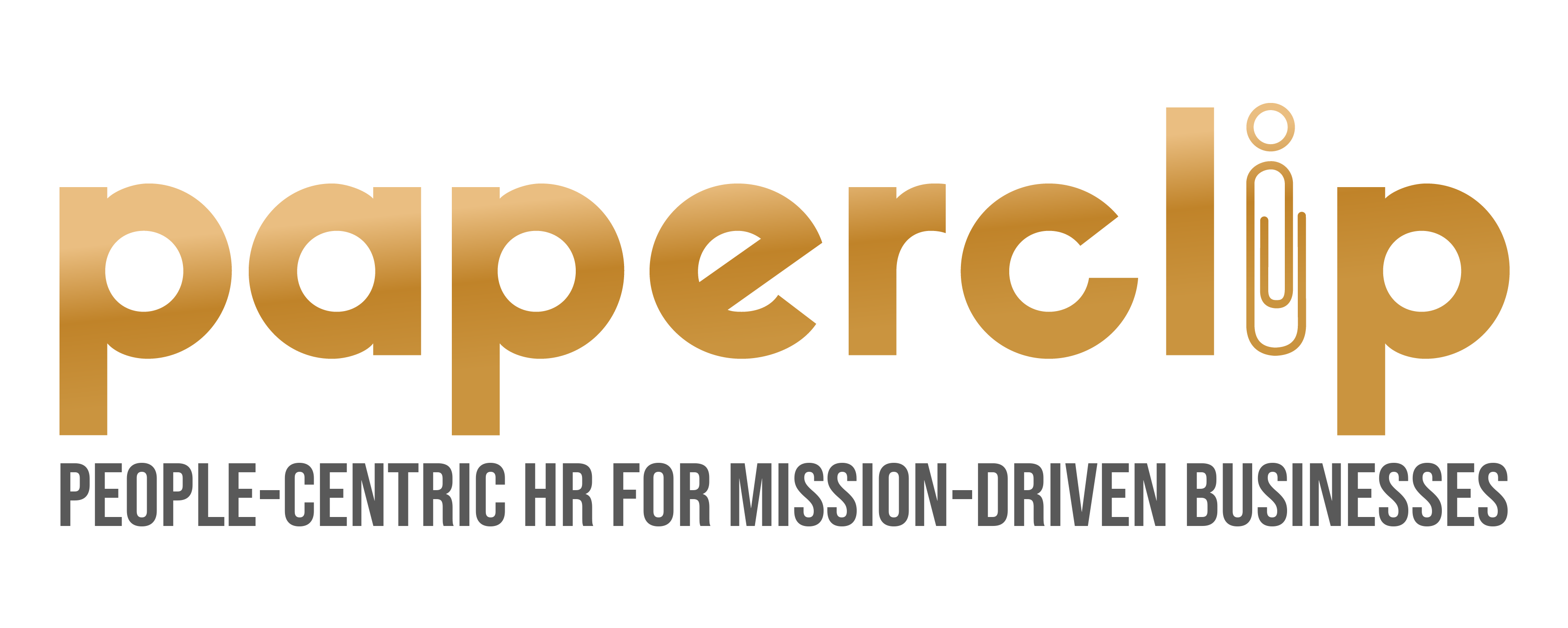HR is more than Administration
To many, Human Resource Management (HRM) is often thought of as a purely administrative function within a company. However, HRM is much more than simply handling paperwork, payroll, and recruitment. It is a strategic business partner, providing a range of services that can help organizations achieve their goals.
At its core, HRM is responsible for managing the relationship between an organization and its employees. This includes a wide range of activities from attracting, recruitment, and onboarding, to employee engagement and performance management. HRM also provides support to employees through career planning and development, compensation and benefits programs, and employee relations.
Good HRM is more than just a support function for employees. It also plays a critical role in driving business performance and can help promote operational excellence by developing strategies, processes, and practices to increase efficiency and effectiveness. HR professionals must also understand how to use data to inform decision-making. They must be able to analyze trends, measure results, and make data-driven decisions. The ability to interpret and communicate data is essential as well as an appreciation of the implications of the data. Organizations that employ the use of data-driven HR reap the benefit provided by the insights and data gathered and use them to make the right decisions for the organization.
HR professionals are also uniquely qualified to identify and address cultural issues within an organization. By understanding the dynamics of the workplace, HR professionals can help create a positive environment that encourages collaboration and productivity. HR professionals have access to a range of resources to help leaders address employee issues, ensure compliance with legal requirements, and create an inclusive culture. Further, in an era where most businesses appreciate the need for building a positive image and engaging in corporate social responsibility, HR departments contribute in this area by promoting company values, mission statements, and strategies that can promote a positive brand image for the organization.
HRM is a critical partner in developing an organization’s strategy. HR professionals can help identify and develop the skills and competencies needed to execute a strategic plan. They can also identify opportunities to maximize the potential of employees, as well as develop policies and procedures that align with the organization’s values and goals.
HR is so much more than just administration. It’s a key part of any successful business, from the smallest start-up to the largest multinational. It is a strategic partner that can help organizations achieve their business goals and create an environment that supports employee success. HR professionals are uniquely qualified to provide insight, data, and resources to support an organization’s overall objectives. By leveraging the expertise of their HR personnel, organizations can create an environment that encourages employee engagement and performance, and unlock employees’ potential to drive success.
